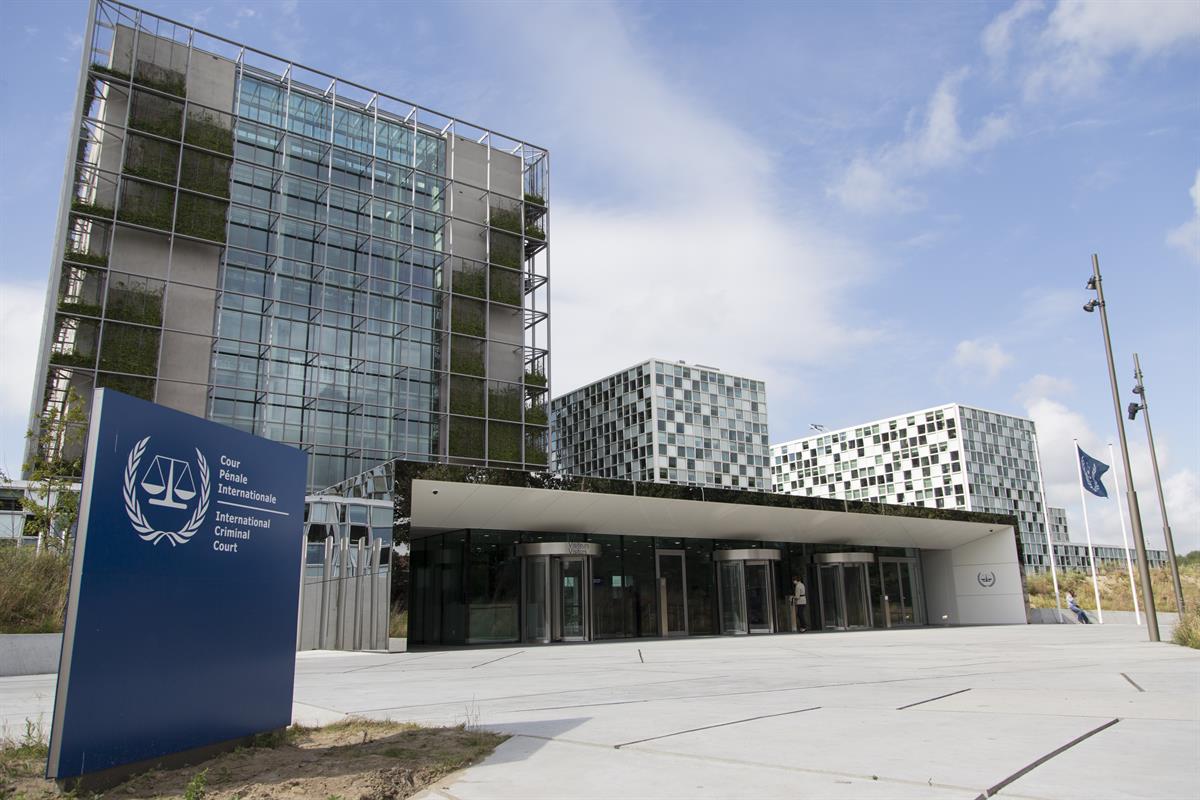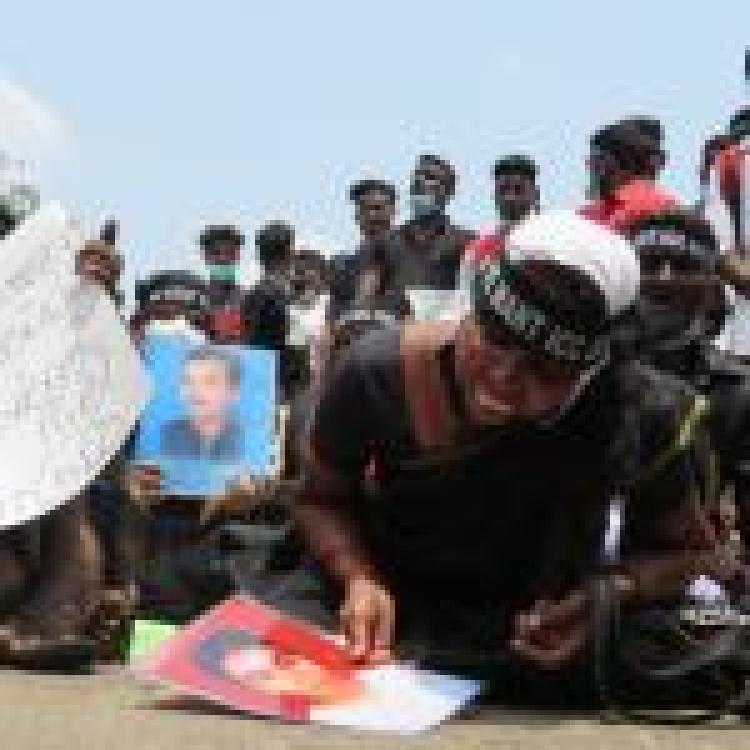
The Tamil Rights Group filed a Communication to the International Criminal Court (ICC) last week, seeking a preliminary examination into crimes against humanity of deportation and persecution committed against Eelam Tamils within the territories of state parties to the ICC.
Although Sri Lanka is not party to the Rome Statute, the TRG and the International Tamil Refugee Assistance Network (ITRAN), have filed a communication on the basis that there is "compelling evidence" of members of the Sri Lankan government and it’s armed forces committed the crimes against humanity of deportation and persecution which happened on the territories of states parties, including Canada, Australia, Germany, France, Switzerland, and the United Kingdom.
The ICC has recently issued a ruling in the case of Bangladesh and Myanmar that is now "formidable precedent for our case," Director of ITRAN, Sarah Teich said at a press conference.
The Crime Against Humanity of Deportation
In their Communication, TRG and ITRAN provide evidence to argue that the case of Tamils fleeing Sri Lanka is an "analogous situation" to that faced by Rohingya victims in Myanmar.
Due to a "coercive environment" on the island, rife with mass "killings, arbitrary detentions, sexual violence, and the destruction or seizure of property," Tamils were forced to flee and seek refuge across the world, including states that are party to the Rome Statute.
Moreover, the Communication highlights that coercive acts such as the "widespread confiscation of lands" by the state's armed forced also led to Tamils fleeing Sri Lanka.
The Crime Against Humanity of Persecution
TRG and ITRAN also argue that Sri Lanka has committed the crime against humanity of persecution through coercive acts as Tamils have been "severely deprived" of the right to life through arbitrary killings. In addition, Tamils have also been subjected to torture and other degrading treatment, such as the arbitrary detention of Tamils in Internally Displaced Persons (IDP) camps and detention centres, where torture, including sexual violence as a form of torture, was widespread.
The crime against humanity of persecution is also committed when the perpretrator targets a person or persons "by reason of the identity of a group or collectivity" and if this targeting is based on racial, political, national, ethnic or cultural grounds.
In their Communication, the groups provide evidence to highlight that "Sri Lankan officials have persecuted the Tamils in Sri Lanka" and argue that Tamils have been deprived of their rights due to their Tamil ethnicity and have been targeted as a collectivity.
"It was specifically Tamil civilians that were arbitrary killed, and it was specifically Tamil detainees that were subject to widespread torture and sexual violence. The perpetrators made the ethnic dimension of this torture apparent to their victims, as they used ethnic slurs such as “Tamil dog” while committing torture, sexual violence, and rapes," the Communication states.
At the press conference, Katpana Nagendra, TRG's spokesperson said that "the goal is to make the perpetrators of such egregious crimes accountable for their actions and to be brought to justice and to end the impunity that is prevalent in Sri Lanka."
"The end of the war in 2009 was not a simple cessation of hostilities in Sri Lanka. Hundreds of thousands of innocent lives were lost and yet 12 years later, we are yet to see any resemblance of accountability or justice for these crimes against humanity," Nagendra said.
"The Sri Lankan government has shown no interest in domestically bringing to justice those responsible for crimes against humanity. In fact, they have done nothing but protect such individuals," she added.
Last month, Global Rights Compliance LLP filed a submission on behalf of 200 Tamil victims in the United Kingdom, calling on the Chief Prosecutor to “investigate and in due course arrest” several senior Sri Lankan officials for crimes against humanity.
It names several senior Sri Lankan officials, including current president Gotabaya Rajapaksa, defence secretary Kamal Gunaratne, former army commander Jagath Jayasuriya and others as individuals “responsible for crimes against humanity of deportation (through underlying acts of abductions, unlawful detention and torture), deprivation of right to return and persecution”.
Read the full communication here.

